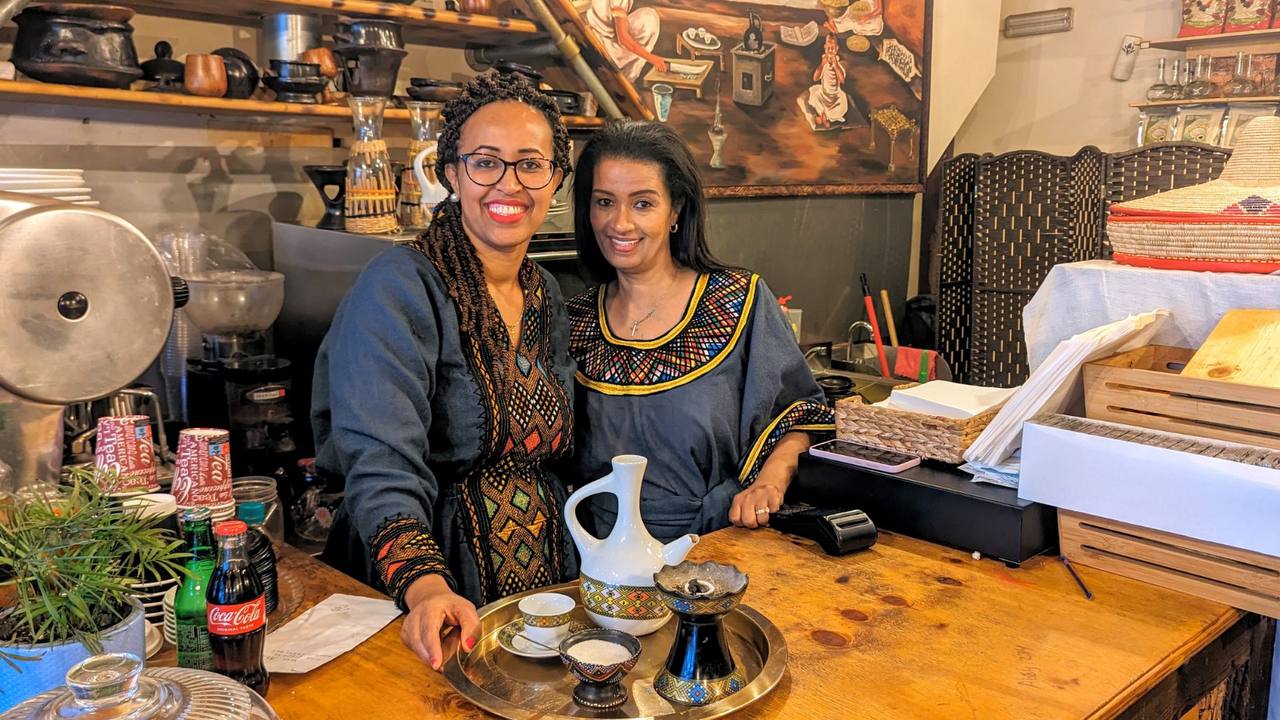In general, you can become a British citizen by birth or through naturalisation if you’re over 18. Naturalisation generally requires proof of continuous residence in the UK with Indefinite Leave to Remain (ILR) [link to https://www.gov.uk/indefinite-leave-to-remain ] and adherence to immigration laws and good character standards.
Good Character: No serious criminal record or immigration violations
To apply for naturalisation, you need to complete Form AN and submit it with supporting documents, including proof of identity, residence status, language proficiency, and absence details. Biometric data collection is also required. The application process typically takes 3 to 6 months, and successful applicants must attend a citizenship ceremony.
Applicants must provide:
ILR allows permanent residency and access to public funds but can be lost if you leave the UK for over two years. British citizenship offers full rights, including voting and holding a British passport, and is not lost by long absences from the UK.
Legal guidance is recommended to navigate the complexities of the application process, including form completion and document verification.
Submit Form AN with supporting documents, attend a biometric appointment, and, if successful, participate in a citizenship ceremony.
Applicants must pass the Life in the UK Test and prove English proficiency unless exempt. These are critical steps in the naturalisation process.
Successful applicants must attend a citizenship ceremony, pledge allegiance, and receive a Naturalisation certificate.
The UK allows dual citizenship, but applicants should check other countries’ rules. Renunciation is possible but can be reversed under specific conditions.
If your application is rejected, you may request reconsideration, particularly if the refusal was due to administrative errors or overlooked evidence
The visa and immigration information provided on this website is intended for general guidance only. Immigration laws and regulations can change frequently. For the most current and accurate information, please visit the official UK government website at www.gov.uk. We also recommend consulting with the Ethiopian Embassy in the UK for guidance specific to Ethiopian nationals. For personalized advice and assistance, please consult with a qualified immigration lawyer.

Nestled in the heart of London, Rhoda Authentic Ethiopian Coffee and Cake Shop offers a delightful escape into the rich traditions of Ethiopia and Eritrea

Ethiopian and Eritrean ex-pats living in the UK may find integrating into a new environment challenging. One of the difficult factors is the cultural differences you would meet. Amidst the